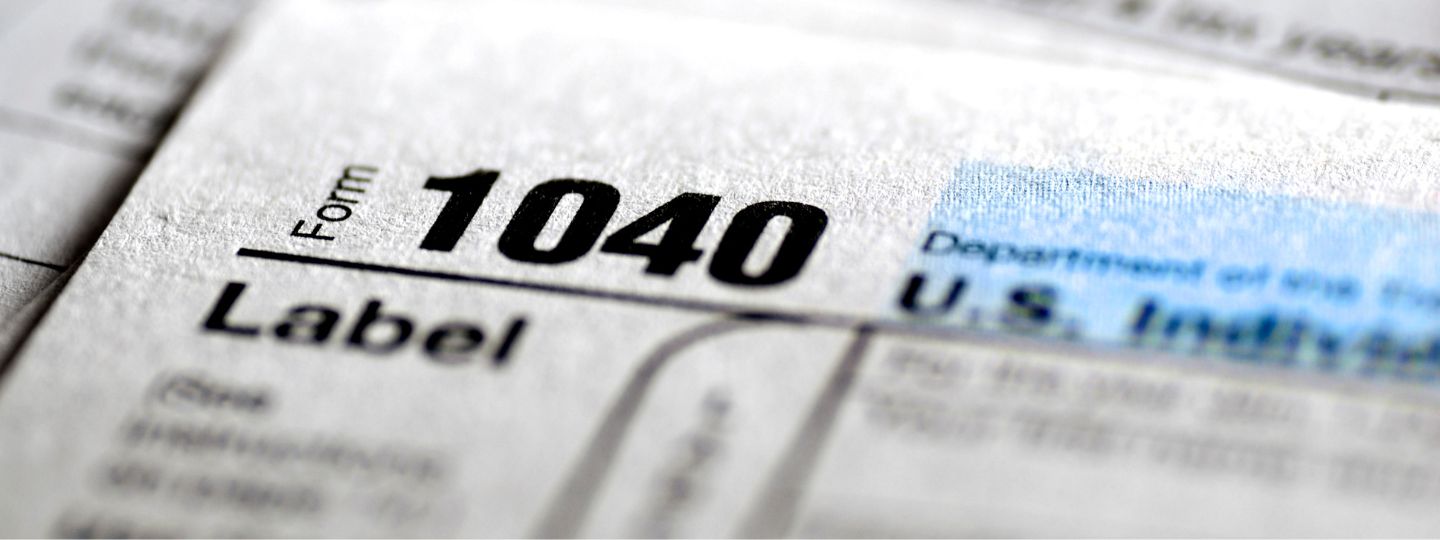Discover Deductions for Caring
Explore options to save on your tax bill.

Tax Deductions for Caregivers
- You can claim your parent as a dependent on your taxes if you’re their caregiver, as long as you meet certain requirements. Specifically:
- You (and your spouse if filing jointly) are not a dependent of another taxpayer.
- Your parent, if married, doesn’t file a joint return — but this doesn’t apply if your parent and
their spouse file a joint return only so they can claim a refund of income tax withheld or estimated tax paid. - Your parent is a U.S. citizen, U.S. national, U.S. resident alien, or a resident of Canada or Mexico.
- You paid more than half of your parent’s support for the calendar year.
- Your parent’s gross income for the calendar year was less than $4,700.
- Your parent isn’t a qualifying child of another taxpayer.
- If your parent is your foster parent, they must have lived with you all year in your main
home and as a member of your household.
- You can file as head of household for a parent who lives in your home and for whom you are the caregiver, but only if you meet certain requirements. Specifically:
- You’re unmarried or considered unmarried on the last day of the year.
- You may claim your parent as a dependent.
- You paid more than half of the cost of keeping up a home that was the main home for both
you and your parent for more than half of the tax year. Alternatively, you paid more than
half the cost of keeping up a home that was your parent’s main home for the tax year
(meaning your parent lived in the home), even if your parent did not live with you. See
Special rule for parent in Publication 501, Dependents, Standard Deduction and Filing
Information.
- You can deduct medical expenses incurred by your parents and paid by you, as their caregiver, if you meet certain requirements. Specifically:
- If you itemize your deductions and your parent was your dependent either at the time the medical services were provided or at the time you paid the expenses, you can claim a deduction for the portion of their expenses that you paid during the taxable year, as long as it wasn’t compensated for by insurance or otherwise.
- Your medical expense deduction is limited to the amount of medical expenses that exceeds 7.5% of your adjusted gross income.
- You can include medical expenses you paid for a person who would have been your dependent, unless one or more of the following apply:
- They received gross income of $4,700 or more in 2023.
- They filed a joint return for the year.
- You, or your spouse if filing jointly, are properly claimed as a dependent on someone else’s return. Deduct the medical expenses on Schedule A (Form 1040), Itemized Deductions.
For more information: https://www.irs.gov/faqs/irs-procedures/for-caregivers

Learn about programs that may pay you as a family caregiver, including Medicaid waivers, VA benefits, tax deductions, and private pay options.


